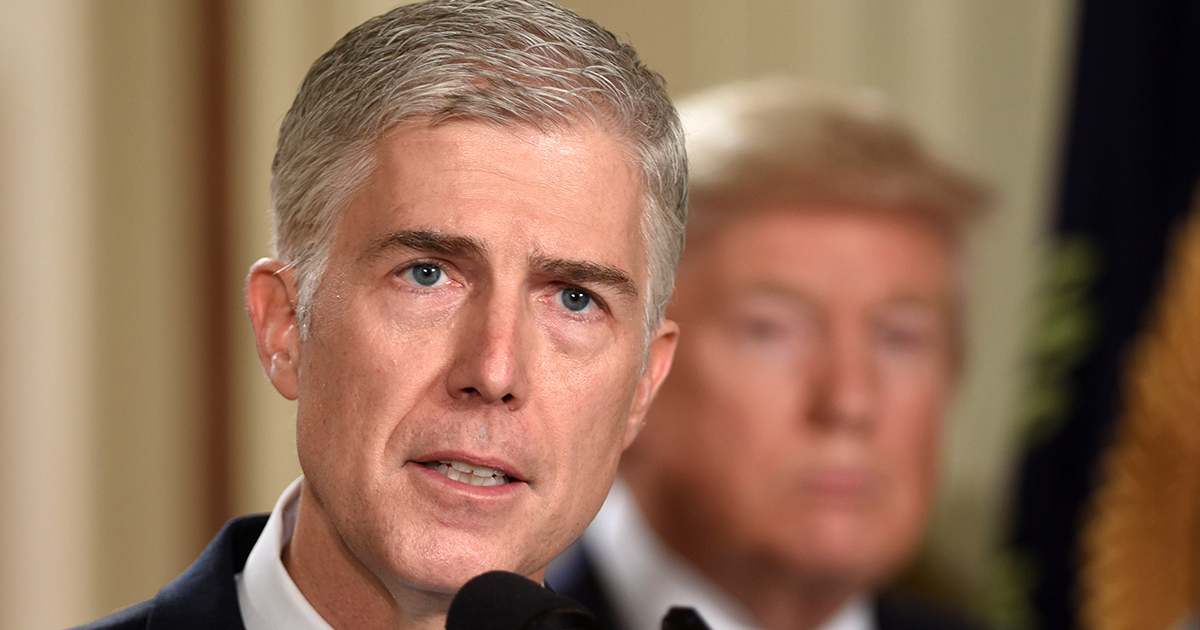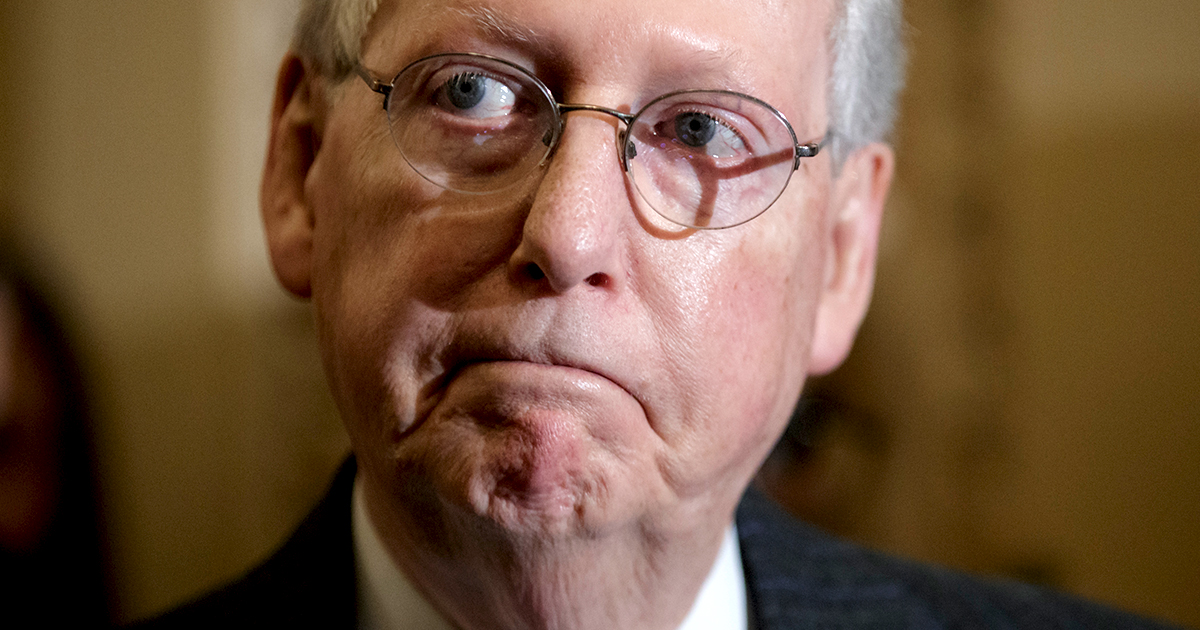How Using the Nuclear Option Could Backfire

By:
Republicans are threatening to change Senate rules in order to confirm President Donald Trump's Supreme Court nominee this week. This so-called "nuclear option" would allow Judge Neil Gorsuch to be confirmed with a simple majority of 51 votes, rather than 60 votes. But following this path could spell trouble ahead for lawmakers on both sides of the aisle, a constitutional law expert told ATTN:.
Though some Republicans expressed reluctance to changing the rules, the countdown to the nuclear option has seemingly begun, as Senate Democrats gained enough support to filibuster his confirmation on Monday.
Rather than allow Democrats to use procedural tactics to prolong debates on Gorsuch — effectively preventing his confirmation — Senate Majority Leader Mitch McConnell (R-Ky.) is expected to move ahead and invoke the nuclear option later this week. There are 52 Republicans in the Senate, which means Gorsuch will be easily confirmed with a simple majority vote. The showdown occurs in the shadow of last year's contentious battle over President Barack Obama's SCOTUS selection, Judge Merrick Garland, whose nomination was jettisoned by Republicans who refused to even hold a hearing on the nominee.
 AP/Riccardo Savi - apimages.com
AP/Riccardo Savi - apimages.com
But the nuclear option won't just apply to this confirmation. It means that any future Supreme Court nominee would only need 51 votes to be confirmed. That might not be a problem for Republicans during this session of Congress — but if political winds change and give Democrats the majority in upcoming elections, the use of the option could come back to haunt Republicans.
"In the short-term, there might be big gains," Jon Michaels, a constitutional law expert at UCLA Law School, said. "But what are the long-term costs of having simple majorities allow for much more basic democratic nominations go forward?"
 AP/J. Scott Applewhite - apimages.com
AP/J. Scott Applewhite - apimages.com
The origins of the nuclear option date back to 1957, when then-Vice President Richard Nixon submitted an opinion aimed at empowering the majority party in Congress. But it has only been used in practice once — in 2013. That year, Senate Majority Leader Harry Reid changed Senate rules to make it so that Senate votes on Executive Branch appointees and federal judges (excluding the Supreme Court) required a simple majority instead of 60 votes, NBC News reported.
For Democrats, the consequences of that action have became clear this year. There have been numerous executive nominees under President Donald Trump that Democrats opposed and would have been able to block were it not for Reid's invocation of the nuclear option when Democrats had the majority.
"In a world in which the Senate was well-functioning, you wouldn't need a filibuster as much and you wouldn't need to blow it up as much," Michaels said. "It's reflective of the party polarization. It's reflective of the unwillingness to govern from the middle — at least on these types of issues, where judicial nominations have legs well beyond the term of a president."
